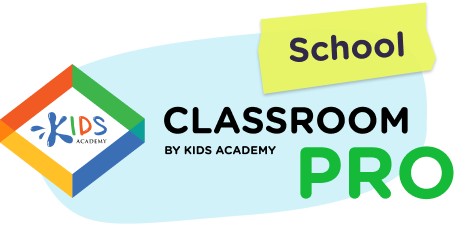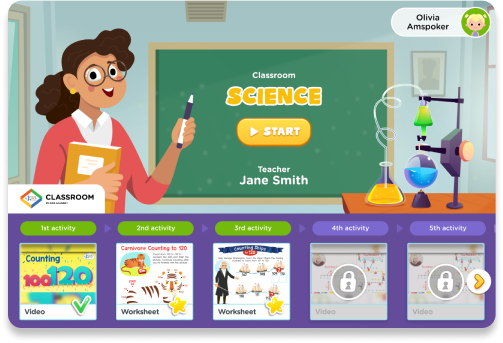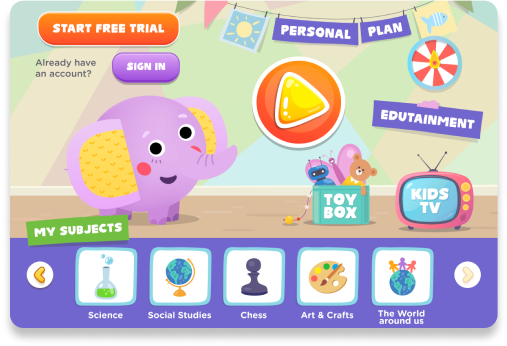Visual perception development Worksheets for Ages 7-8
3 filtered results
-
From - To
Enhance your child's visual perception skills with our engaging worksheets designed specifically for ages 7-8! These activities are tailored to help young learners strengthen their ability to interpret and analyze visual information, crucial for academic success in reading, math, and everyday tasks. Our collection features a variety of exercises that promote pattern recognition, spatial awareness, and attention to detail, all while ensuring fun and interactive learning moments. Perfect for homeschooling, classroom use, or as supplementary material, these worksheets foster critical Thinking and cognitive development. Download now and give your child the tools they need to thrive visually and academically!
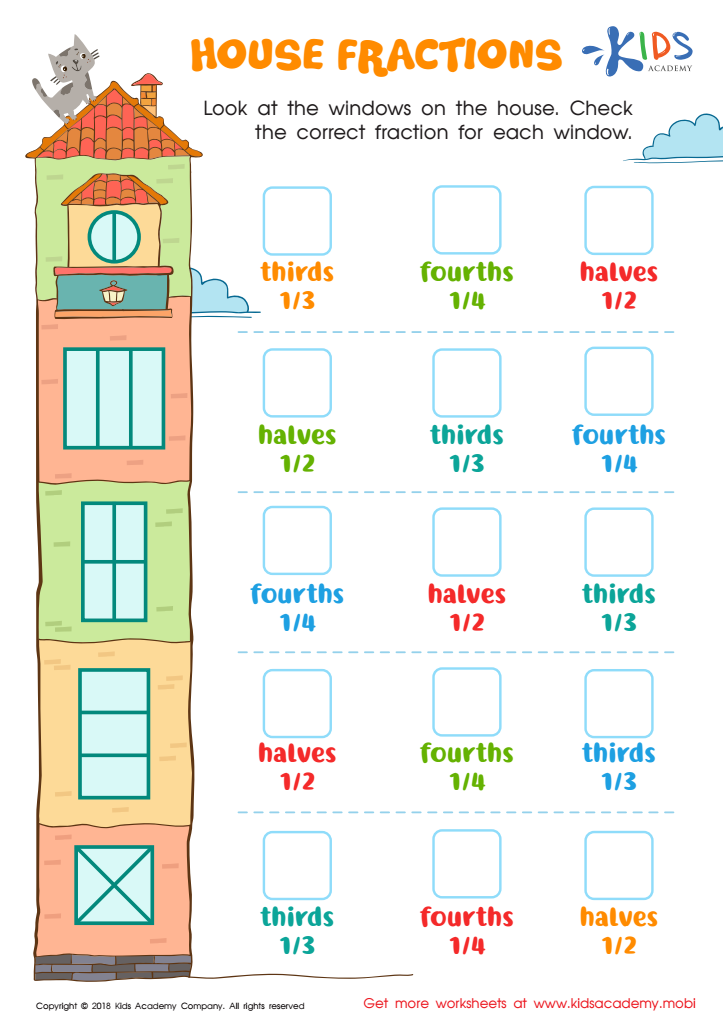

House Fractions Worksheet
Visual perception development is crucial for children aged 7-8 as it significantly impacts their learning, academic performance, and everyday functioning. At this stage, children are often engaged in more complex reading, writing, and problem-solving tasks which require advanced visual skills. Strong visual perception helps them recognize letters and words, understand spatial relationships, and effectively interpret graphs or charts, all of which are fundamental in subjects like mathematics and language arts.
Moreover, visual perception plays a crucial role in enhancing attention and focus. Children with well-developed visual perception skills can process and organize visual information more efficiently, leading to better retention and understanding of lessons. On the other hand, difficulties in visual perception can lead to frustration and lower self-esteem as children struggle to keep up with peers.
For parents and teachers alike, fostering visual perception skills involves encouraging activities like puzzles, drawing, or playing games that challenge their visual discrimination and memory. By taking an active interest in these developmental aspects, adults can better support children's academic journey, ensuring they develop the skills necessary for success both in and out of the classroom. Supporting visual perception equates to laying a strong foundation for lifelong learning.
 Assign to My Students
Assign to My Students

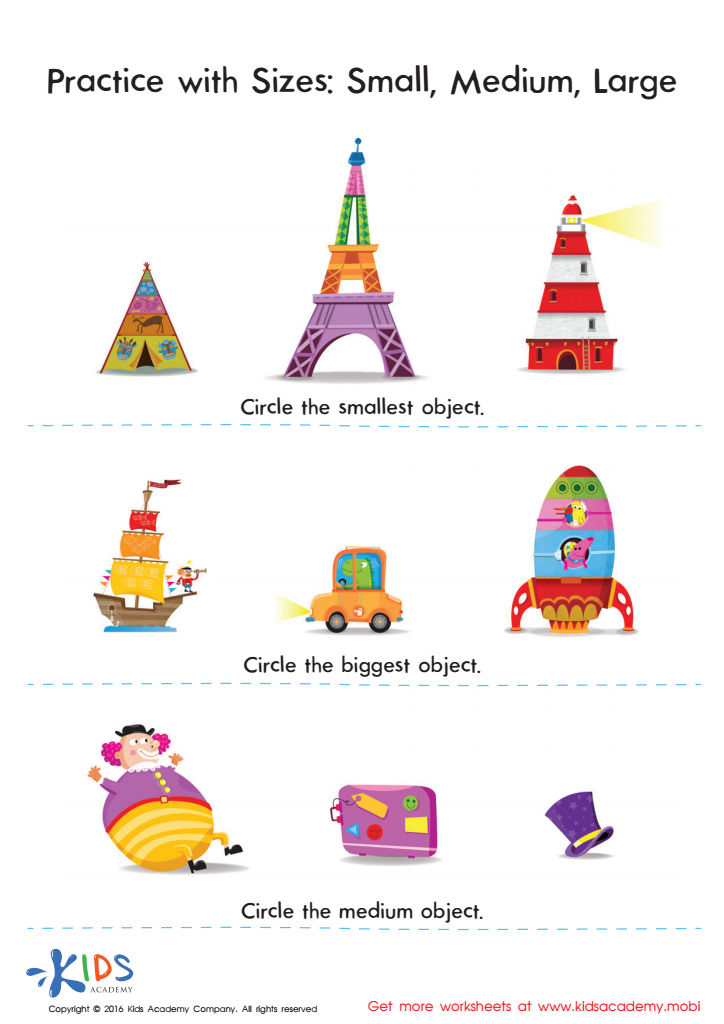


.jpg)












